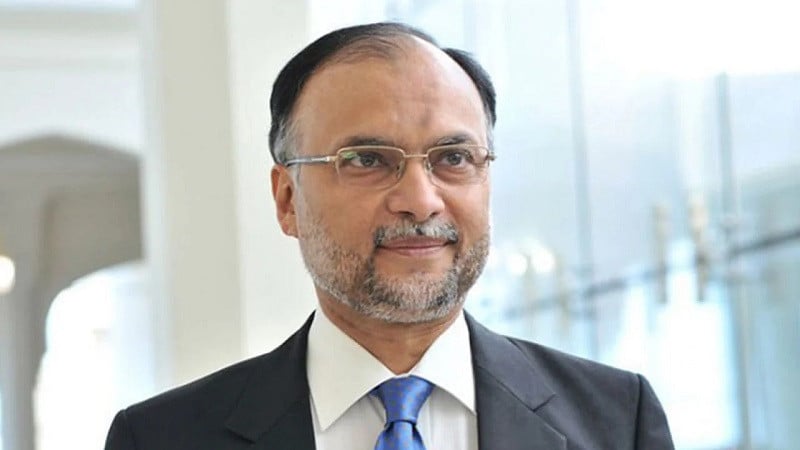
Minister for Planning, Development, and Special Initiatives Professor Ahsan Iqbal announced on Friday that the final draft of Pakistan’s Artificial Intelligence (AI) policy will be presented to the Federal Cabinet for approval in August.
Addressing a meeting of the Special Task Force on Artificial Intelligence, Iqbal urged relevant parties to expedite consultations with stakeholders. He emphasised AI's current role in global advancement, stating, “Artificial intelligence is not the future but the present reality in the world.”
Iqbal highlighted the PML-N government's achievements in AI, noting the establishment of the National Center for Artificial Intelligence in 2017 and the National Task Force on Artificial Intelligence in 2023. He stressed that these initiatives were crucial for Pakistan’s progress in this field.
Reflecting on past challenges, Iqbal criticised previous inconsistencies in policy that hindered economic development. He also highlighted ongoing obstacles to economic progress, attributing these to disruptive elements within the country.
During Prime Minister Shehbaz Sharif’s recent visit to China, a commitment was made to provide IT training to 200,000 Pakistani youths. This initiative aims to address modern technological challenges.
Iqbal stressed the importance of catching up with global advancements in AI and mentioned that some countries have been restrictive regarding Pakistani students’ access to technology education. Despite this, he affirmed Pakistan’s commitment to acquiring modern technology.
He called for the sharing of task force recommendations with provincial authorities and announced a forthcoming National Conference on Artificial Intelligence. Iqbal expressed confidence that AI would revolutionise key sectors including health, education, finance, and agriculture. He challenged the notion that Pakistani youth could not create successful technology platforms comparable to global giants like Facebook and Twitter.
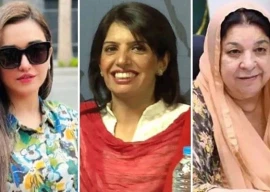

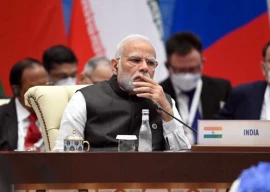

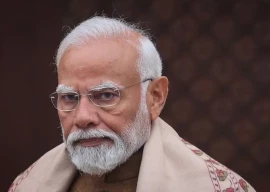

1721986403-0/BeFunky-collage]-(47)1721986403-0-270x192.webp)
1721979881-0/BeFunky-collage]-(43)1721979881-0-270x192.webp)



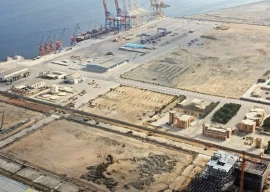










COMMENTS
Comments are moderated and generally will be posted if they are on-topic and not abusive.
For more information, please see our Comments FAQ